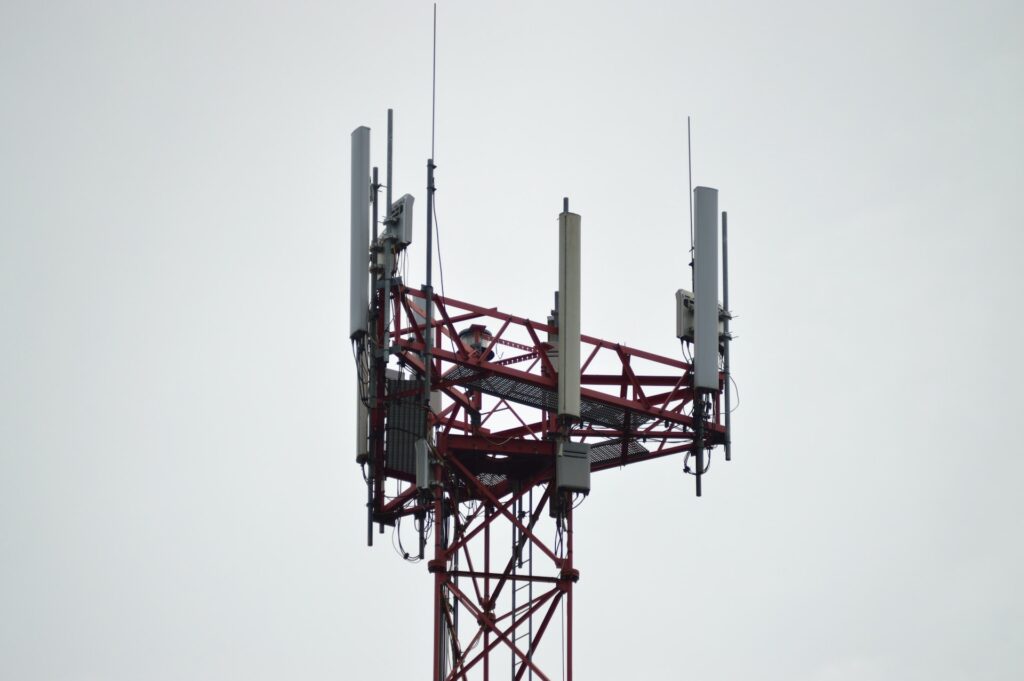In today’s digital age, access to the internet has become a fundamental requirement for individuals to participate fully in society. It enables communication, access to information, education, job opportunities, and various online services. However, not everyone has equal access to high-speed internet, raising important ethical questions about digital inequality. This article explores the ethics surrounding internet speeds and the arguments for ensuring universal access to high-speed internet.

The Digital Divide
The digital divide refers to the gap between those who have access to the internet and those who do not. This divide can manifest in various ways, including disparities in internet speeds. In many regions, particularly in rural and remote areas, internet infrastructure may be lacking, resulting in slower speeds or even no connectivity at all. This divide exacerbates existing social and economic inequalities, limiting opportunities for those without high-speed internet access.
Equal Opportunities and Digital Inclusion
Advocates for universal high-speed internet argue that it is crucial for providing equal opportunities and promoting digital inclusion. In today’s information-driven society, many essential services and resources are primarily accessible online. From education to healthcare, government services to job applications, reliable and fast internet access is essential. Denying certain individuals or communities high-speed internet access can perpetuate existing social inequalities and hinder socioeconomic development.
Educational Equity
One area deeply affected by unequal internet speeds is education. In an increasingly digital learning environment, students without access to high-speed internet are at a disadvantage. They may struggle to participate in online classes, access educational resources, and collaborate with peers. This further widens the educational achievement gap, limiting opportunities for success. Providing equal internet speeds to all students can help bridge this gap and ensure educational equity.
Social and Economic Impacts
Access to high-speed internet is not just about convenience but also has far-reaching social and economic impacts. Many job opportunities now require digital skills, and without adequate internet speeds, individuals may be excluded from participating in the digital economy. In addition, small businesses in areas with slow internet speeds may struggle to compete on a level playing field. Universal high-speed internet access can contribute to economic growth, innovation, and job creation, benefiting society as a whole.
Arguments Against Universal High-Speed Internet
On the other side of the debate, some argue against the notion of universal high-speed internet access. They may cite concerns about cost, infrastructure limitations, or the potential for government overreach in regulating internet service providers. These arguments often revolve around the question of who should bear the responsibility and cost for ensuring universal access and whether it is a priority compared to other pressing social issues.
The question of whether everyone should have access to high-speed internet is a complex ethical dilemma. While arguments can be made for both sides, the increasing digitalization of society and the reliance on the internet for essential services underscore the importance of bridging the digital divide. Universal access to high-speed internet has the potential to level the playing field, enhance educational opportunities, foster economic growth, and promote social inclusion. It is crucial for policymakers, businesses, and communities to work together to address the infrastructure and affordability challenges and ensure that everyone has equal access to the benefits of the digital world. Ultimately, achieving universal high-speed internet access is not just an ethical imperative but also a key driver of progress in the digital age.